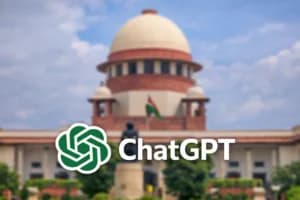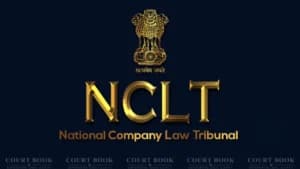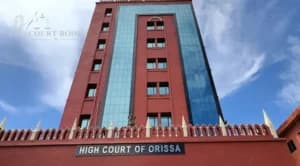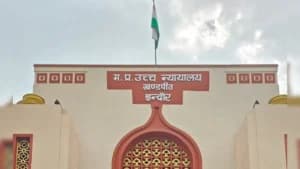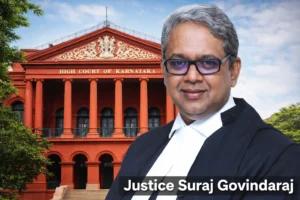The Orissa High Court has confirmed the conviction of Daktar Bhoi for the murder of his brother, Jaylal Bhoi. The Court emphasized that a dying declaration does not need to be addressed to a specific person to be valid. What matters is whether the declaration was made voluntarily, truthfully, and with credibility.
"A person in acute agony is not expected to lie. If the Court finds the statement voluntary and reliable, no further corroboration is necessary,” the Court remarked.
The Division Bench, comprising Justice S.K. Sahoo and Justice Savitri Ratho, passed the judgment on 8 April 2025, dismissing the appeal filed by the convict.
On June 28, 2009, the Assistant Sub-Inspector of Larambha outpost received a phone call from an unknown person about a suspected murder in Damkipali village. The deceased’s son, Gahaki Bhoi, later submitted a written complaint stating that his father, Jaylal, was killed by his uncle, Daktar Bhoi.
According to the complaint, Daktar tied Jaylal's neck to a wooden post using a napkin and stabbed him on the head and body with a Trishul (trident). He then packed the body in a gunny bag, tied it with a rope, and transported it on a bicycle towards a nearby jungle.
The body was later recovered from a ditch in Budhiduguri jungle, packed in a blood-stained gunny bag. A First Information Report (FIR) was registered under Sections 302 and 201 of the Indian Penal Code (IPC). The accused and his wife were arrested.
Read Also:- Orissa High Court Declares Marriage Beyond Repair: Grants Divorce in Case of Mental Cruelty
The trial court, after a full hearing, convicted only Daktar Bhoi. His wife, co-accused Binodini Bhoi, was acquitted due to lack of evidence.
Key testimonies came from:
- P.W.13 (elder brother of both accused and deceased), who heard the victim shout “Dada Dada” and saw Daktar holding a lathi near Jaylal’s body.
- P.W.16 (nephew of the deceased), who heard “Daktar is killing me, please save me,” and witnessed the entire act, including the disposal of the body.
The post-mortem revealed multiple fatal injuries, including a deep brain injury, incised wounds, stab wounds to the abdomen, and signs of ligature marks on the neck. The forensic and medical evidence supported the eyewitness accounts.
“The cause of death was brain injury accompanied by shock,” noted the post-mortem report.
Despite minor inconsistencies in what each witness heard, the Court held their statements credible.
“Differences in what was heard may be due to age-related hearing capacity. This is natural and does not affect the core truth of the testimony,” the Court observed.
The High Court noted that while P.W.13 left the scene out of fear, P.W.16 remained hidden and saw the entire event unfold. He later informed others in the village, and this sequence of events was corroborated by additional witnesses and police investigation.
The High Court underlined the legal significance of dying declarations. The statement made by the deceased, while in agony, identifying his attacker, was admissible.
“A dying declaration does not need to be directed at any specific person. If trustworthy, it alone can support a conviction,” the Court stated.
The Court also relied on earlier Supreme Court rulings, stating that minor discrepancies do not render the entire prosecution case invalid.
The defense claimed that:
- The weapon had no trace of blood in the chemical report.
- The injuries might not be linked to the seized weapons.
- There was no clear motive for the murder.
However, the Court rejected these arguments. The lack of blood on the weapon did not nullify the credible eyewitness testimonies and medical findings.
Read Also:- Orissa High Court: Preliminary Inquiry Under Section 379 BNSS Not Always Required for Filing Complaints
“The presence of the accused at the scene, the credible account by P.W.16, and medical evidence leave no room for doubt,” the Court ruled.
After analyzing all facts, the Orissa High Court upheld the trial court’s decision, confirming the conviction and life sentence of Daktar Bhoi under Sections 302 and 201 IPC.
“There is no illegality or error in the trial court’s findings,” concluded the judgment.
The appeal was dismissed, and the sentence remained unchanged.
Case Title: Daktar Bhoi v. State of Odisha
Case No: JCRLA No. 21 of 2010
Date of Judgment: April 08, 2025
Counsel for the Appellant: Mr. Radharaman Das Nayak, Advocate
Counsel for the State: Mr. Jateswar Nayak, Addl. Govt. Advocate



